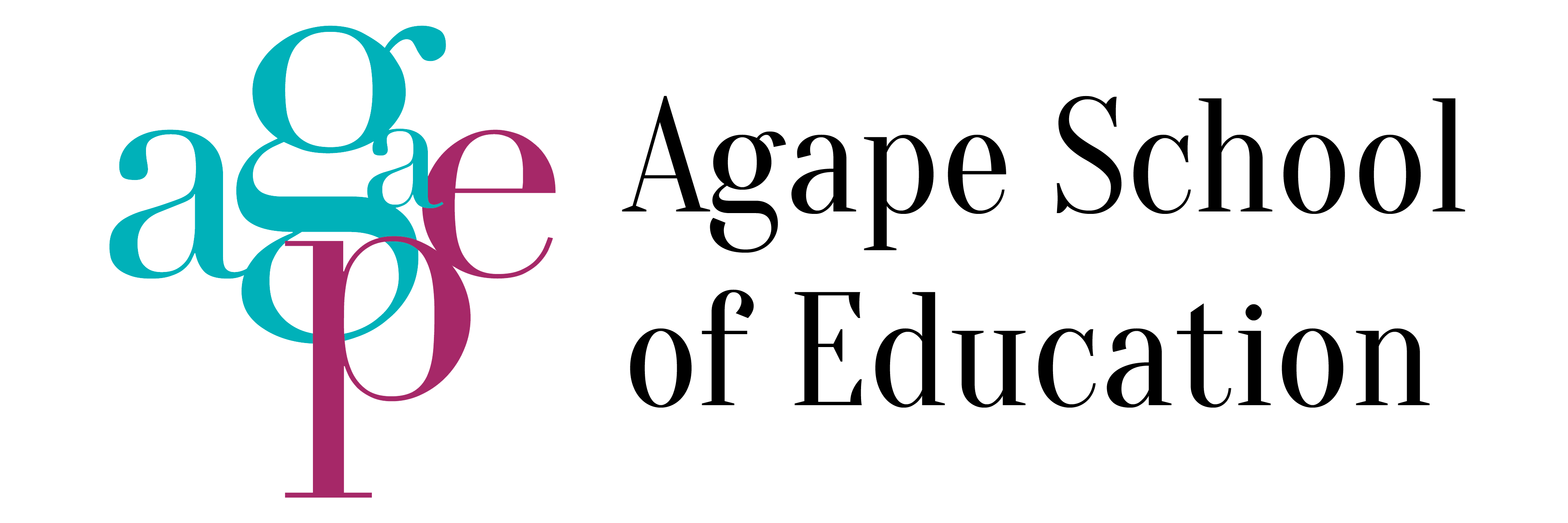“Speed and extent of learning determined by innate differences in how the various parts of the brain “talk” to one another.”
The Telegraph
Trying to acquire a second language as one would try to learn math, science, or music is such a predominant and pervasive belief that often results in students feeling discouraged or dropping the language altogether.
But learning a language is not like learning another discipline. If we presume that language is like any other skill like math or science, we also assume that the modes of teaching ought to be the same. Except, they’re not.
When spoken fluency is relegated to another academic subject, the one thing that can be guaranteed is that the seeker of spoken fluency is NOT going to become fluent in the target language. They will learn how to read the text in the second language but they will not develop spoken fluency.
What is spoken fluency?
If you’re learning a second or third language for academic or professional reasons, you will be familiar with the Common European Framework (CEFR). Under this accreditation, spoken fluency is empirical evidence of using the spoken language.
In layman’s terms, this means that the student will have to show that they can speak naturally and fluently as possible, without any preparation, and that they can quickly retrieve ready-made chunks of information in the nominated language. Fluency also involves the ability to create and hold a conversation in that same language.
The few of us who deem ourselves ‘linguistically challenged’ would be out of luck if we were forced to learn a language like we did maths and then have to prove speaker fluency.
Perhaps the main reason people believe that language is simply another subject is that 40 years of research in Language Acquisition have been widely ignored and therefore many language teachers and schools fail to make the distinction between the Acquiring a Language and the Learning of Language. The former refers to learning speech, an instinctual thing in all humans (even the deaf and blind), while the latter refers to learning about the language in which one has already mastered speech.
Making the distinction between the Acquiring a Language and Learning a Language is perhaps the most crucial factor in determining the ultimate success or failure of the adult seeker of a new language. If one does not make this distinction and does not seek the logical methods for acquiring the target language, then what one most likely finds are a classroom, a teacher, a textbook/workbook, and an abject failure to learn more than a few lines out of dialogues. I can still recall the very first dialogue I memorized in my seventh grade German class, but I cannot speak German.
Because I’ve sought methods (all home study courses) that directed me to acquire a high degree of spoken fluency in Spanish, I can go to the Mexican doctor, discuss fairly complex issues with neighbors, go anywhere in Mexico where we live, and get along just fine in the language. Because I sought spoken fluency first, before learning about the language (grammar), I am now ready to step into a learning environment (classes) where I will learn about the language.
One comes before the other.

It does help that I live in an environment in which I can practice consistently and receive correction. You would, however, be surprised at how many monolingual English speakers live in Mexico, the total Spanish immersion environment, and yet cannot string enough words together in Spanish to form a coherent sentence. The sad tragedy is that they are forced to commit what the authors of the novel, The Ugly American, referred to as “social incest.” The authors described Americans in the Foreign Service in Asia, who were not required to learn the local language, were limited by language barriers, and could only socialize with their fellow Americans.
If, as a Singaporean or member of any multi-linguistic nation remain monolingual, this can only mean that most other people in your society are bilingual. For example, many Americans only speak English, yet they have a large population of American Mexicans who realized the benefits of bilingualism. How can you ever get past the superficial acquisition of a language and into the real, often darker and, potentially, a far more exciting culture? Without truly Learning a Language, you can’t.
The sad thing is the instinct to learn speech, regardless of the language, is alive and well in everyone’s brains, even in the world’s oldest person, Jeanne Calment. If you set your mind to learning a language instead of acquiring it, you can learn Spanish or any language that you please!
At Agape School of Education, we understand the differences between acquiring and learning a language. That is why we use custom educational materials, tailored structures and hire tutors who understand and appreciate this difference. Our students don’t just top their exams. We teach them to love the language. At Agape, that’s real success.
Learn with us!
At Agape School of Education, we understand that learning a new language can be difficult. We are here to help! Through our experienced educators we ensure that you learn the language you have chosen with ease.
Expose yourself to a new language at Agape School of Education through our carefully crafted Courses. Find a language you’re keen on learning through our Courses and begin your language learning experience with us. Invest in your SkillsFuture credit with us!



0 Comments